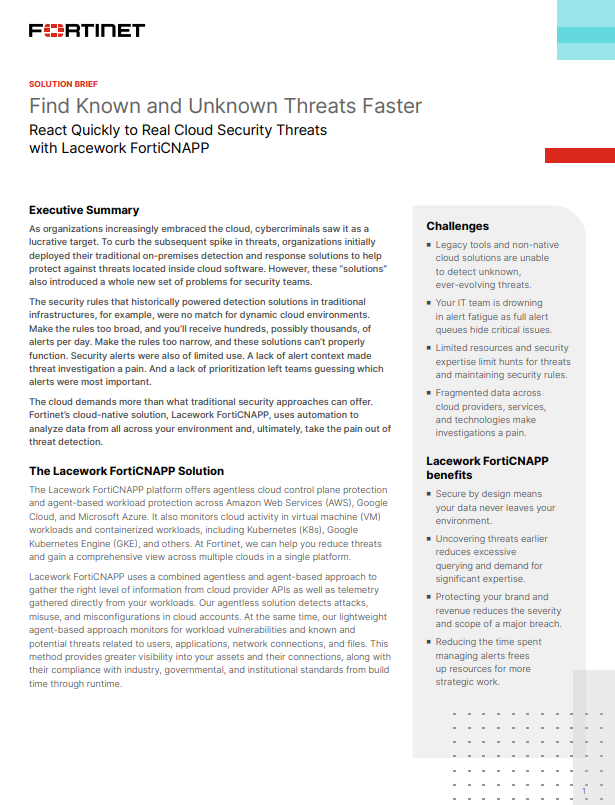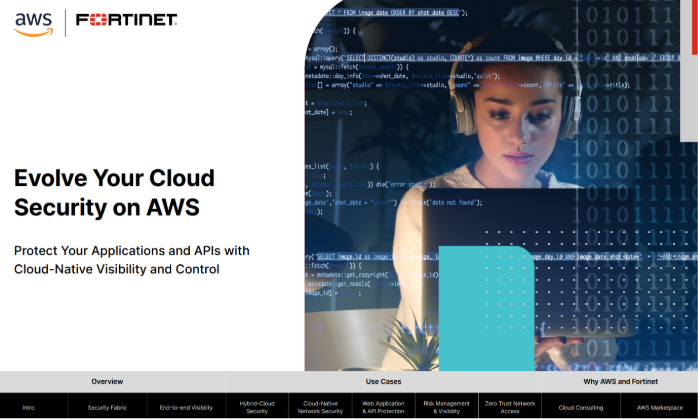Trust: Are you being served?
It’s important to never underestimate the trusted bond between business and supplier…

Trust is universally key to the good health and success of any type of relationship. When it comes to business – and your reputation and the satisfaction of customers and other key stakeholders – trust can be make or break.
Given the complex nature of most organisations, IT, in its various forms, is a mission-critical function. Without technology working as it should, customers can be left disappointed, deals can remain unfulfilled and everyone can be left with a sour taste in their mouths.
The stakes are even higher against the backdrop of digital transformation and firms operating in a cloud and mobile-first world. That’s why the supplier/customer contract is so important – both in terms of what’s committed to theoretically on paper and, importantly, in reality.
But the supplier/customer relationship is also about so much more than what is written down in terms of the agreement. End-user organisations also need to have faith and trust that their vendor partner has also got a number of other areas covered. These include (but are not limited to):
- Being a trusted advisor that understands their unique business set-up and setting – you are more than just a number and every conversation and action needs to support that narrative
- Helping navigate business change through IT-led solutions that drive positive outcomes as part of a long-term engagement rather than piecemeal, short-lived and disjointed episodes
- Innovation and continuous improvement of services and solutions delivered – transcending the historic limitations of tech refresh cycles and version upgrades
- Exceptionally sophisticated and customer-centric support at the point it matters, whenever it matters
- Removing obstacles and barriers such as budgetary or human resource constraints
- Helping create more predictability even when wrestling with unpredictable consumption models – taking scale-up/scale-down capabilities to the next level
- Ensuring the business has a foundation for future growth and success
Importantly, the partnership must be collaborative. It is no longer a simple transaction where the customer buys something and the supplier moves on to serving the next customer. Nowadays, the conversation and ability to be listened to as well as heard is as much part of the supplier/customer relationship as what has been purchased.
Things are also much more nuanced. In the world of business IT, it’s not just about being able to trust that any partner or supplier has your best interests at heart – it’s also crucially important you know what to expect if things go wrong.
Think of it like insurance. Nobody likes to pay for insurance – they’re hoping nothing bad will happen to their car/house etc. But that insurance provides great comfort should the worst happen. Organisations need to have the same levels of confidence with their supplier engagements.
Trust in the as-a-Service world
Businesses, in the main, no longer buy IT services on a long-term, fixed subscription basis. Instead, they crave the ability to consume tech as a service on an ‘as and when needed’ basis.
This as-a-Service concept follows the model we’re all familiar with in the cloud, with things like software- and platform-as-a-service, but just extends the consumption model that step further. It’s a natural evolution and just makes business and tech sense.
In an age where everyone expects things to have been done yesterday and consumers are increasingly fickle, the customer really is king or queen. As such, any poor experience – from a delayed email response to a slow-loading website to a data breach and everything in between – could be catastrophic.
This is even more important where you have firms running both on-premise and in-cloud services simultaneously. The end user doesn’t know or care where the service derives from, so how things are at the point of consumption is the deciding element. That puts all the emphasis and pressure on the supplier to do what they say they will do every single time and means the customer has to have absolute trust in that being the case.
But it is a risk many are willing to take. Indeed, Gartner predicts that, by 2024, more than half of newly deployed storage capacity will be consumed as-a-Service or using a subscription model. This is up from 15% in 2020, according to the analyst firm.
Consuming technology and, in particular storage, as-a-Service reduces complexity but without minimising any of the benefits. It maximises efficiency by avoiding overprovisioning and potential wastage as well as freeing IT staff up to work on other more value-added tasks. In essence, it handles the business-as-usual IT stuff so that organisations can get on with elevating their businesses to the next level.
While the benefits of an as-a-Service consumption model are manifold, that also means the risk of being let down – and the knock-on effects – are much greater, too. While trust has always been important, this is greatly intensified in the as-a-Service world.
Trust in action
The ability to understand the parameters of any agreement will largely come down to the complexity of any arrangement. As such, having something written down that transcends both theory and reality is key to avoid any misunderstandings or unmanageable expectations.
Dell Technologies’ APEX portfolio of as-a-Service solutions, for example, in and of themselves are designed to simplify how businesses consume IT in the real world.
"The world is innovating faster than ever to meet new demands of customers, students, patients and constituents – driving the need for a more agile and simple technology approach. This is what APEX offers," says Allison Dew, chief marketing officer and executive vice president of Dell Technologies APEX.
“With the industry’s leading IT portfolio, decades of data centre services experience and an unmatched global supply chain and partner network, no other as-a-Service portfolio comes close to our capabilities.”
Dell’s direction of travel with APEX mirrors real-world consumption habits so is both very timely and valuable to those looking to solve historically complex technical problems with a future degree of simplicity and ease.
“Today’s IT leaders are increasingly turning to as-a-Service, and IDC predicts that by 2024, half of data centre infrastructure will be consumed as-a-Service,” according to Matthew Eastwood, senior vice president at analyst firm IDC.
“Dell Technologies APEX is yet another example of Dell’s agility when addressing the needs of a transforming marketplace and is in tune with the way customers want to use, consume and simplify IT.”
Trust is something incredibly hard to rebuild when broken. That’s why businesses are now more concerned than ever with hearing about the experience of others before making the leap into a strategic partnership with a supplier.
“Our customers expect their applications and internet services to be always-on, and that requires highly reliable and available storage infrastructure,” says Sandra Rodel, head of SAN Storage at Swisscomm AG.
“Dell Technologies as-a-Service and flexible consumption storage solutions give us affordable, on-demand access to the capacity we need as we need it, eliminating bottlenecks and ensuring customer satisfaction. Dell Technologies also retires infrastructure in an environmentally sustainable manner, saving us time and money.”
Given the majority (73%) of digital transformation projects fail, according to 2020 Everest Group study, good decisions and successful work elsewhere could be undermined by selecting the wrong partner or putting your trust in a supplier that doesn’t deserve it.
Get the ITPro daily newsletter
Sign up today and you will receive a free copy of our Future Focus 2025 report - the leading guidance on AI, cybersecurity and other IT challenges as per 700+ senior executives
ITPro is a global business technology website providing the latest news, analysis, and business insight for IT decision-makers. Whether it's cyber security, cloud computing, IT infrastructure, or business strategy, we aim to equip leaders with the data they need to make informed IT investments.
For regular updates delivered to your inbox and social feeds, be sure to sign up to our daily newsletter and follow on us LinkedIn and Twitter.
-
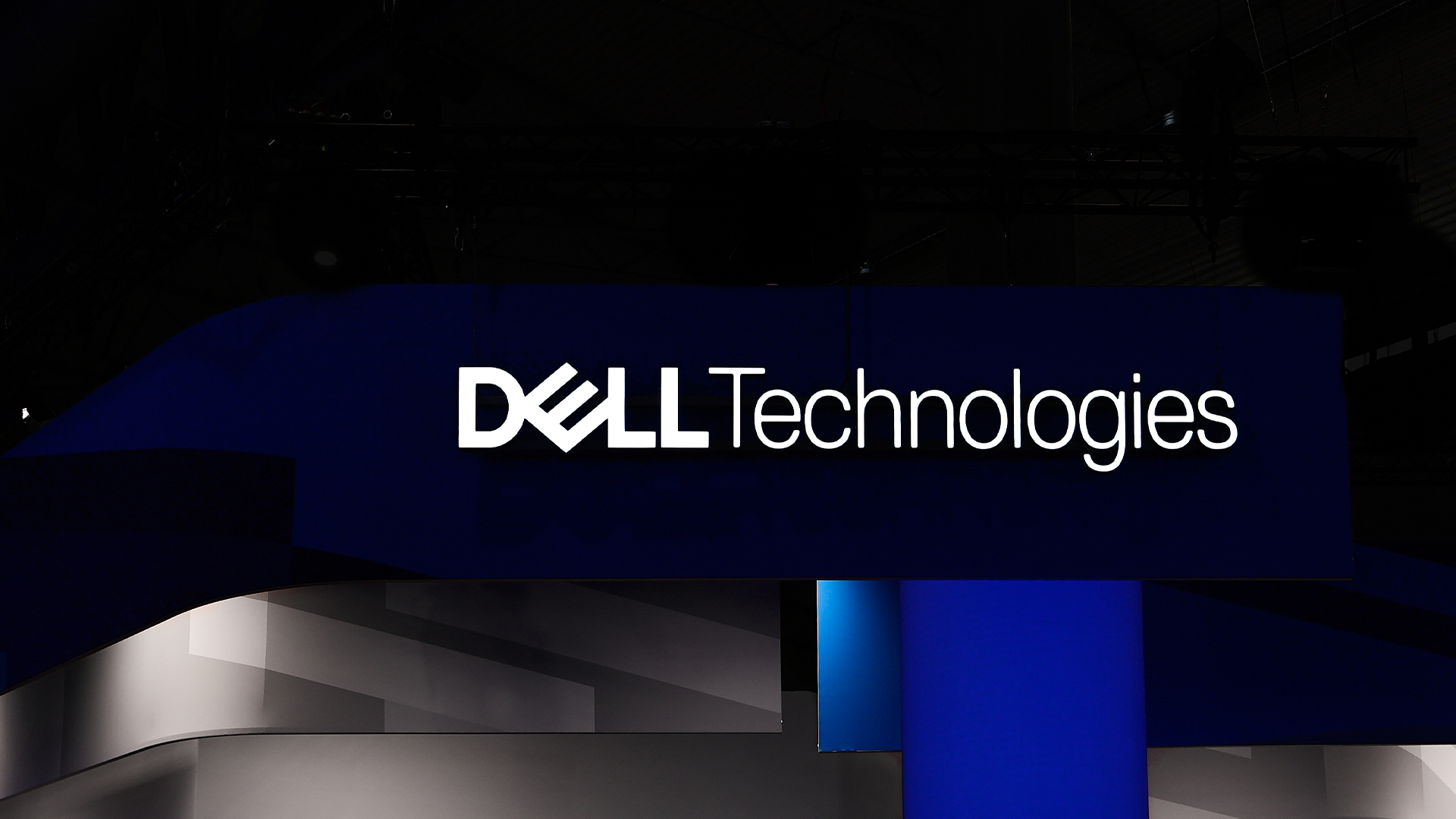 Scale of Dell job cuts laid bare as firm sheds 10% of staff in a year
Scale of Dell job cuts laid bare as firm sheds 10% of staff in a yearNews Dell Technologies’ workforce has reduced significantly in recent years, figures show, with headcount at the tech giant dropping by 10% in 2025 alone.
By Nicole Kobie
-
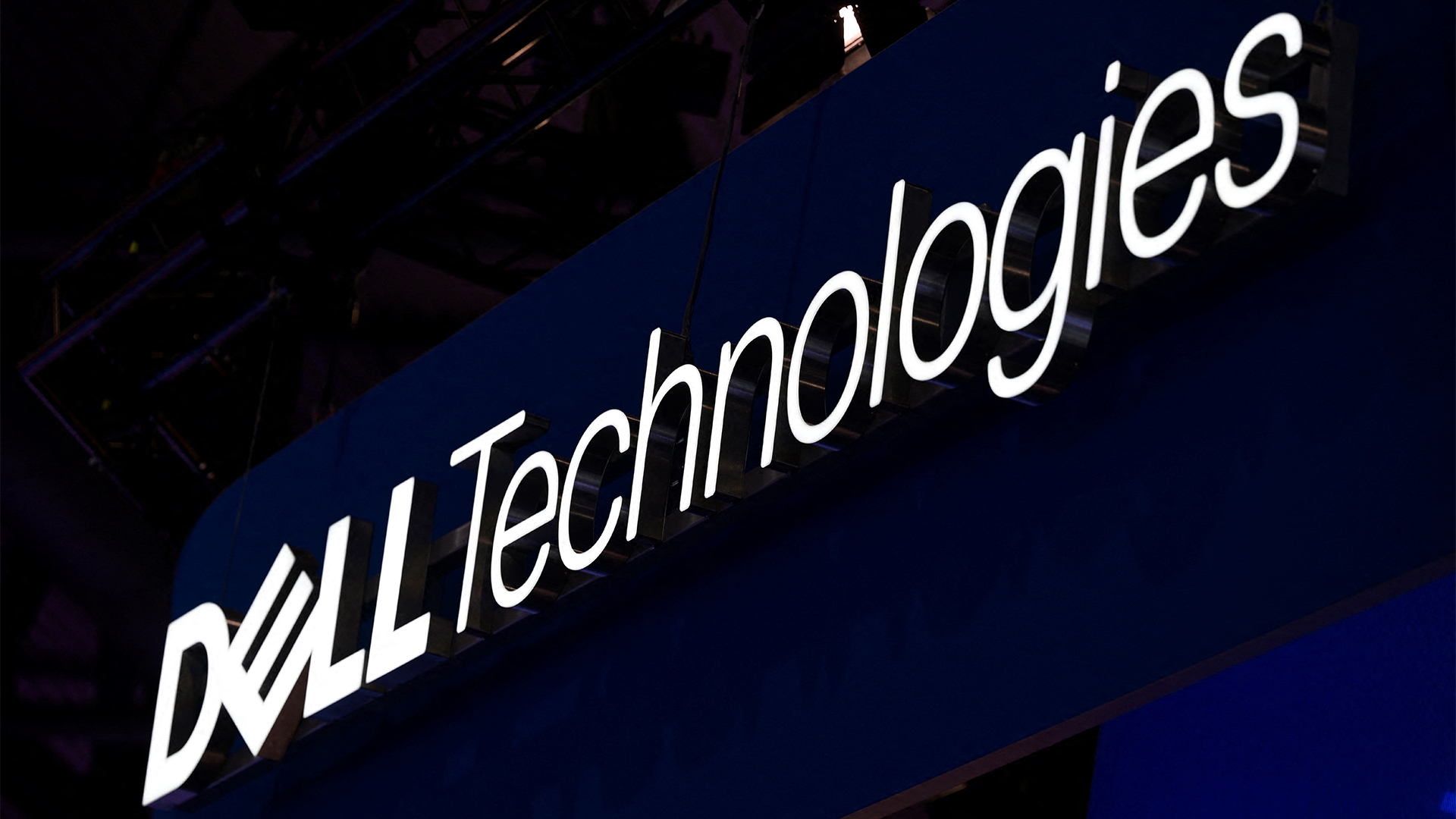 Dell Technologies just revamped its Partner Program for 2025 – here's what to expect
Dell Technologies just revamped its Partner Program for 2025 – here's what to expectNews Dell Technologies has unveiled its revamped Partner Program for 2025, offering a range of new incentives for partners.
By Emma Woollacott
-
 'Nothing is faster than the speed of human interaction': Dell orders staff back into the office as the company shakes up hybrid working practices
'Nothing is faster than the speed of human interaction': Dell orders staff back into the office as the company shakes up hybrid working practicesNews Dell Technologies has ordered staff to return to the office five days a week, according to reports, with some exceptions allowed for staff located too far from physical office sites.
By Emma Woollacott
-
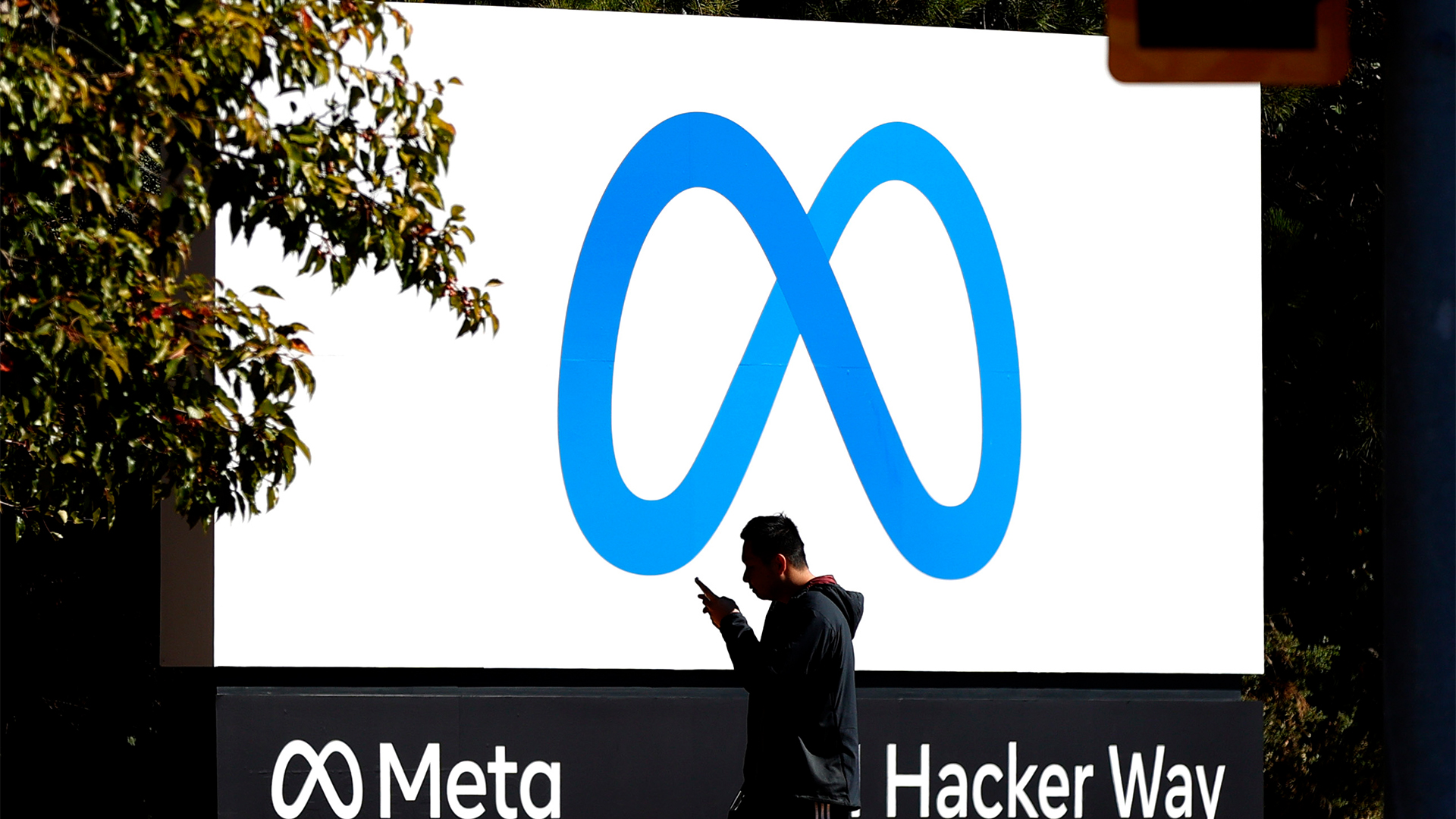 Meta layoffs hit staff at WhatsApp, Instagram, and Reality Labs divisions
Meta layoffs hit staff at WhatsApp, Instagram, and Reality Labs divisionsNews The 'year of efficiency' for Mark Zuckerberg continues as Meta layoffs affect staff in key business units
By Ross Kelly
-
 Business execs just said the quiet part out loud on RTO mandates — A quarter admit forcing staff back into the office was meant to make them quit
Business execs just said the quiet part out loud on RTO mandates — A quarter admit forcing staff back into the office was meant to make them quitNews Companies know staff don't want to go back to the office, and that may be part of their plan with RTO mandates
By Nicole Kobie
-
 Microsoft tells staff it won’t follow Amazon or Dell on enforcing a return to the office – but there’s a catch
Microsoft tells staff it won’t follow Amazon or Dell on enforcing a return to the office – but there’s a catchNews While other big tech companies are forcing reluctant workforces back into the office, Microsoft isn’t following suit
By George Fitzmaurice
-
 Amazon workers aren’t happy with the company’s controversial RTO scheme – and they’re making their voices heard
Amazon workers aren’t happy with the company’s controversial RTO scheme – and they’re making their voices heardNews An internal staff survey at Amazon shows many workers are unhappy about the prospect of a full return to the office
By Ross Kelly
-
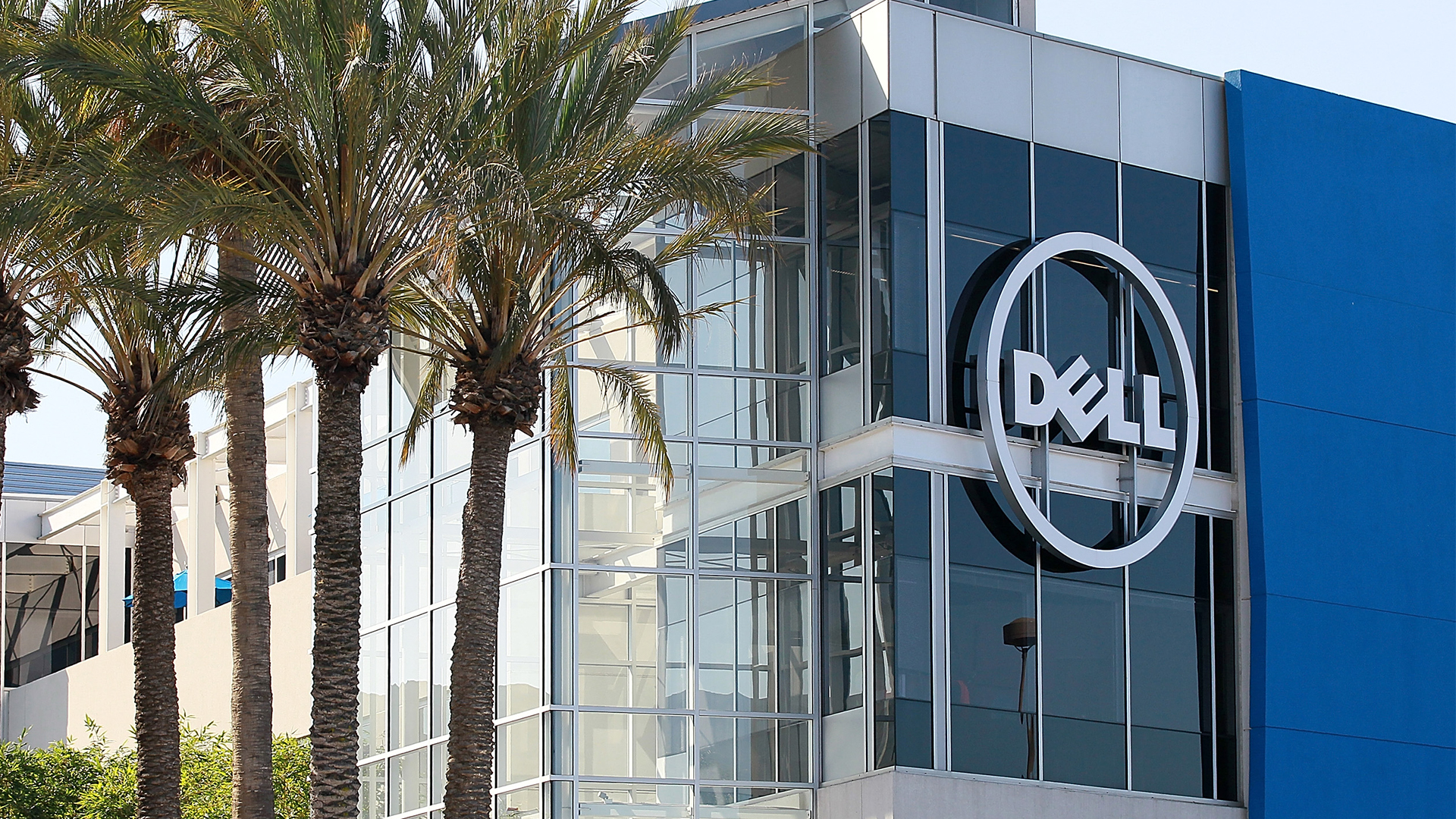 Predicts 2024: Sustainability reshapes IT sourcing and procurement
Predicts 2024: Sustainability reshapes IT sourcing and procurementwhitepaper Take the following actions to realize environmental sustainability
By ITPro

